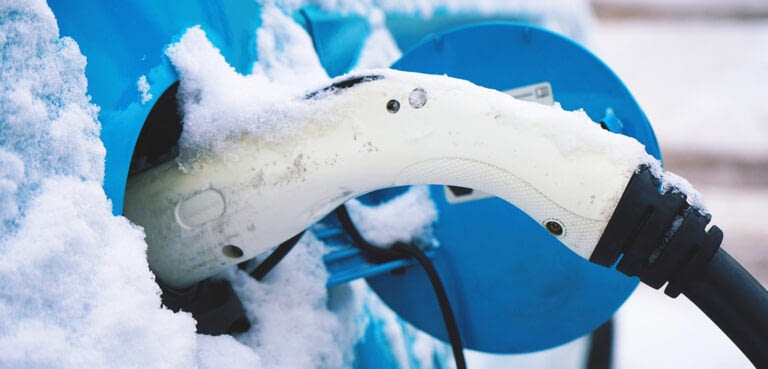Please read our blog about a wide variety of insurance topics. Please feel free to ask us any questions.
What Happens to My HSA If I Change Health Plans?
Posted: November 13, 2024

A health savings account (HSA) is a great way to save money for medical expenses, especially considering that your contributions, interest, and earnings are tax-free. But what happens if you quit your job, retire, or move, causing you to change your health insurance plan? Here are some pointers to help guide you through a health plan switch. Your HSA Is Yours to Keep No matter...
Is Your New Car Covered Under Your Auto Insurance Policy?
Posted: November 8, 2024

You’ve been patiently searching for the perfect new car. You just signed your name on that last piece of endless paperwork. Now, with keys in hand, it’s finally time to drive off the lot. But as you take in that new car smell, a thought suddenly crosses your mind: Do I have insurance? Good news: If you’re an Erie Insurance customer (listed as the named insured),...
How to Insure Your Side Business
Posted: November 4, 2024

A side business is a great way to make extra money or pursue your passion before building it into a full-time career. If you are considering starting a side business or are already successful in an endeavor, it is essential to consider your insurance coverage. Depending on your product or service, you may need various types of coverage. Here are some pointers to protect yourself...
6 Ways To Maximize Your Electric Car Battery Performance in Cold Temperatures
Posted: November 4, 2024

No one wants to be stranded in a car in the winter. At best, you could be cold and late as you wait for a tow or a ride; at worst, you are in danger of experiencing freezing temperatures or becoming involved in an accident. If you drive an electric vehicle (EV), it’s even more important to be prepared for winter weather because all EV...
5 Steps to Protect Your Home from Carbon Monoxide
Posted: November 2, 2024

Carbon monoxide (CO) is a colorless, odorless, and tasteless gas produced when any carbon-based substance is burned to create heat or energy. If inhaled in small quantities, carbon monoxide causes dizziness, weakness, headaches, vomiting, and chest pain. When inhaled in more significant amounts, the gas is fatal for children and adults. If a person is asleep or intoxicated when they begin to breathe carbon monoxide,...
